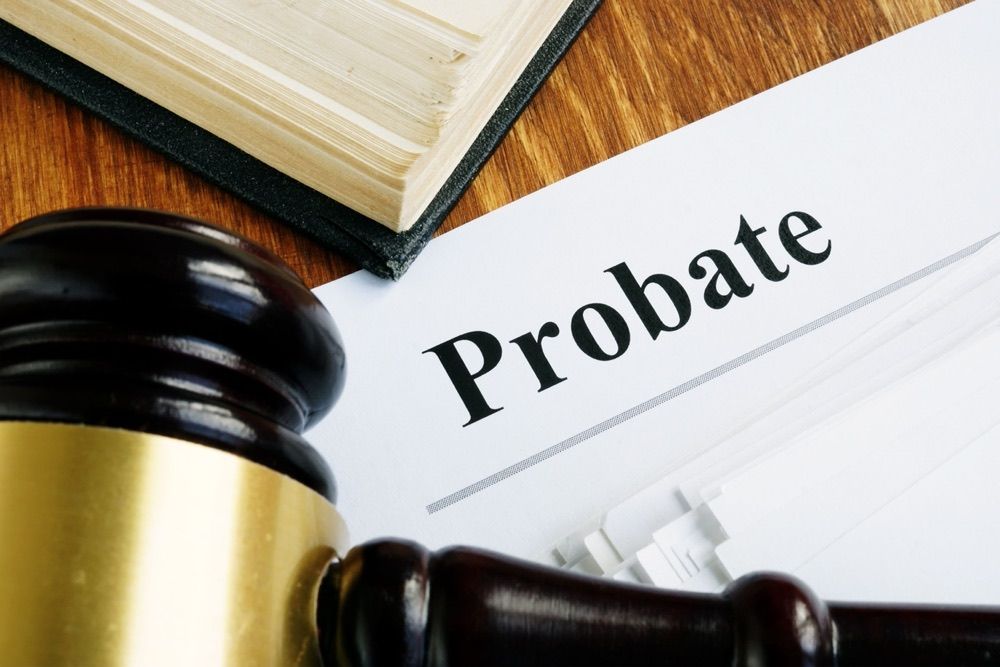Understanding the Probate Process in Texas
The probate process in Texas is a legal procedure that validates a deceased person's will and ensures that their assets are distributed according to their wishes. This process is crucial for resolving the estate of the deceased and involves several steps, including filing the will with the probate court, notifying heirs, and settling any debts owed by the estate.
In Texas, the probate process typically begins by filing an application for probate in the county where the deceased lived. The court will then hold a hearing to determine the validity of the will. If the will is validated, the court issues letters testamentary, granting the executor authority to manage the estate. Understanding these steps helps individuals navigate the often complex legal landscape of probate.
Key Documents Required for Probate in Texas
To initiate the probate process in Texas, several key documents are required. The most important document is the original will of the deceased, along with a certified copy of the death certificate. These documents provide the necessary proof to the court that the will is valid and that the individual has passed away.
Additional documents may include a list of the deceased's assets and liabilities, any prenuptial agreements, and information regarding the beneficiaries. Having these documents organized and readily available can significantly streamline the probate process and help avoid delays in the distribution of the estate.
Common Challenges in the Texas Probate Process
The probate process in Texas can present several challenges that may complicate the distribution of an estate. Common issues include disputes among heirs, claims from creditors, and challenges to the validity of the will itself. These disputes can lead to lengthy court battles, which can delay the resolution of the estate.
To mitigate these challenges, it is advisable to work with a qualified probate attorney who can provide guidance and representation throughout the process. An attorney can help navigate legal complexities, facilitate communication among parties, and work towards a resolution that honors the deceased's wishes while minimizing conflict.
Alternatives to Probate in Texas
While probate is a common method for settling an estate, there are alternatives available in Texas that may simplify the process. Options such as small estate affidavits, transfer on death deeds, and living trusts can allow for the direct transfer of assets without going through probate court.
For instance, a small estate affidavit can be used when the total value of the estate is below a certain threshold, allowing heirs to claim assets without a lengthy probate process. Understanding these alternatives can provide individuals with more flexibility in estate planning and help avoid the potential pitfalls of probate.



